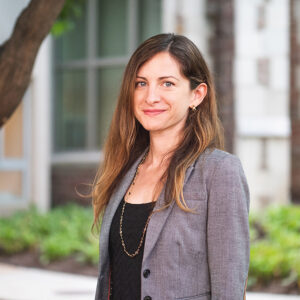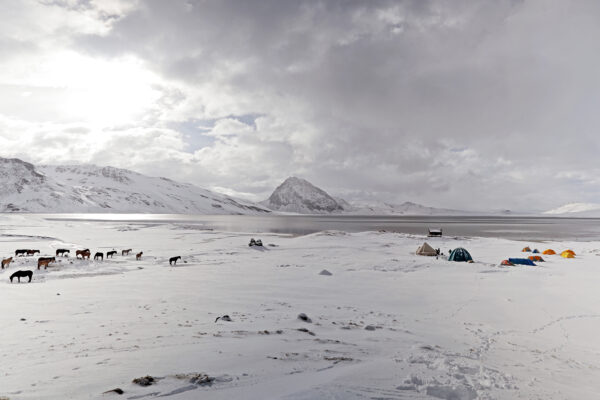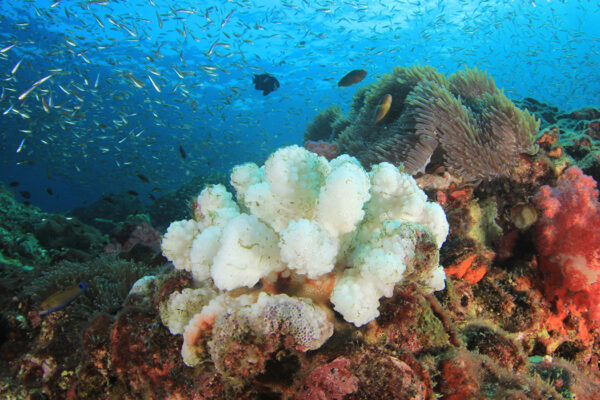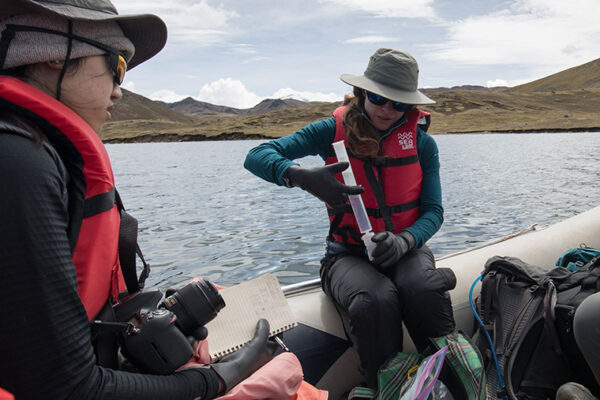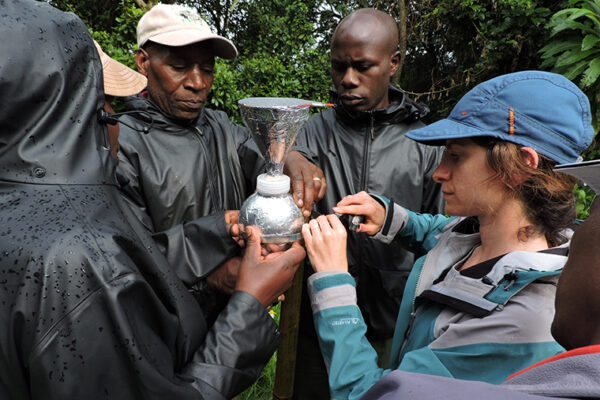Konecky’s research investigates climate, water and ecosystem variations in the Earth’s tropical regions, from the past ~150,000 years to the 21st century.
Konecky’s dual focus on ancient and modern systems provides a geologic perspective on present-day climate change, while using present-day climate processes to better understand the geologic past.
Konecky’s research investigates tropical climate variability and climate change using tools of stable isotope hydrology, paleolimnology, organic geochemistry and modeling. Her group’s work is guided by one overarching question: How does a changing climate affect rainfall and ecosystems in the Earth’s tropical regions?
Konecky leads the Climate and Paleoclimate Laboratory in the Department of Earth, Environmental, and Planetary Sciences. She is a Packard Fellow.
Two Washington University scientists are reconstructing past climate and cultural shifts in the Peruvian Andes. Today, such high-altitude parts of the tropics are warming faster than the rest of the globe. What Bronwen Konecky and Sarah Baitzel discover could help predict how this delicate ecosystem might be affected in the future.
Michael Wysession, professor in earth and planetary sciences, and Bryn Lutes, a lecturer in chemistry, both in Arts & Sciences at Washington University in St. Louis, believe that high school students will learn chemistry better when they crunch actual climate data, rather than memorize the periodic table by rote. They helped write a national chemistry curriculum that is loaded with real-world examples — like ocean acidification — and is already being rolled out by school districts in Los Angeles and other parts of California.
Washington University in St. Louis climate change experts react to the Trump administration decision to withdraw from the Paris Agreement on climate change.
Bronwen Konecky, assistant professor of earth and planetary sciences in Arts & Sciences, is among 22 early-career scientists and engineers across the United States honored Oct. 15 as a 2019 Packard Fellow.
Bronwen Konecky, assistant professor of earth and planetary sciences in Arts & Sciences, works at the cutting edge of an emerging research area that combines paleoclimate data with climate models. She received the Nanne Weber Early Career Award from the Paleoceanography and Paleoclimatology Section of the American Geophysical Union.
A recent study in Geophysical Research Letters proposes a new way to leverage signals contained in water molecules to decode the atmospheric processes that accompany changing tropical weather and climate patterns.
